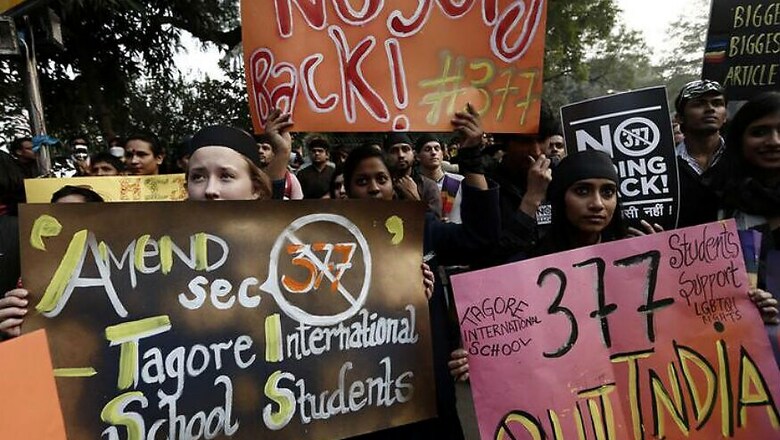
views
Now that the Supreme Court has confirmed a revisit of the 2013 verdict on homosexuality, one of the next steps is for the Union of India to file its submissions in the matter.
As far as the court proceedings go in this 16-year litigation, what has the government’s position on Section 377 been?
For a long period, the stance was divided. When the matter was being heard in the Delhi High Court, the first indication of what the government thought came from an affidavit filed by the Ministry of Home Affairs in 2003 in support of Section 377 which criminalises sexual acts by LGBTQ individuals. In that instance, the Home Ministry noted that society continued to largely disapprove of homosexuality strongly enough to justify treating it as a criminal offence.
The Health Ministry, however, had a different take. When it joined the fray in 2006 under the aegis of the National Aids Control Authority, the ministry was clear that the existence of Section 377 was a constitutional violation of the right to health, with criminalisation having a clearly detrimental impact on HIV/AIDS prevention efforts.
The Naz Foundation judgment was delivered in 2009, recognising this split but allying clearly with the arguments of the Health Ministry along with finding the criminalisation of consensual sex under Section 377 unconstitutional on a range of other grounds.
When the case was taken to appeal before the Supreme Court led by astrologer Suresh Kumar Koushal, there was every indication that the government would repeat its confused split. Instead, as then Attorney General Goolam Vahanvati stood before the Supreme Court delivering his submissions in 2012, something remarkable happened.
In no uncertain terms, Vahanvati noted that the government was in support of the Delhi High Court’s verdict. Yes, it was true that they had opposed decriminalisation in the past, but they had now learnt from the judgment and realised that they were in error. It was an extraordinary submission, not least because it was a rare instance of the State unambiguously arguing against the constitutionality of its own laws.
In that instance, the court chose not to listen, against all reason, and instead gave us one of the most widely criticised judgments in its history. With its impending reconsideration of the matter, this is not just a chance for the court to do right by its constitutional tenets. It is also the moment for the current government to reaffirm the stance that was taken in 2012.
So far, the BJP-led regime has been largely silent on its position on Section 377, even as other political parties have been increasingly vocal about the need for decriminalisation. With the chance to file a submission before the court, one hopes that the Union decides to align with the inclusive values of the Constitution.
(The author is an assistant professor at the Jindal Global Law School. Views are personal)










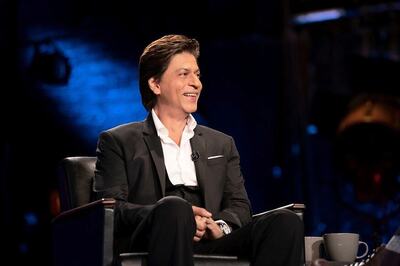
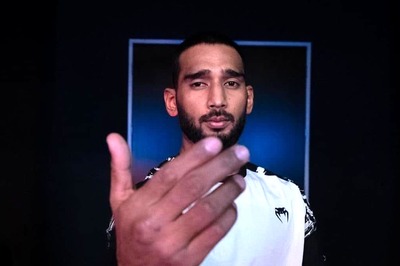
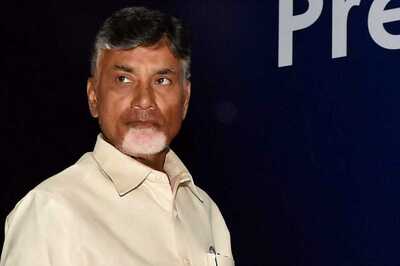
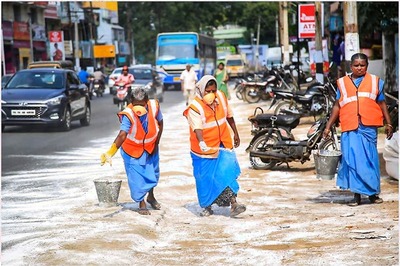

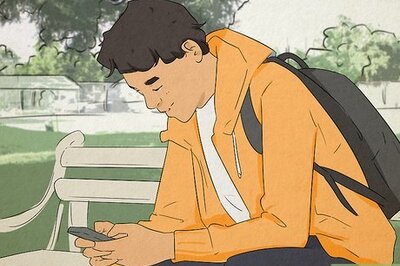



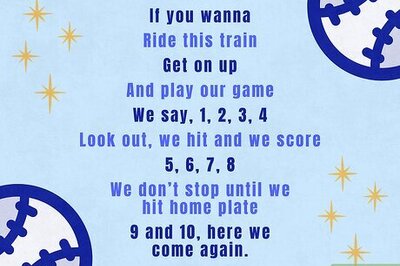
Comments
0 comment